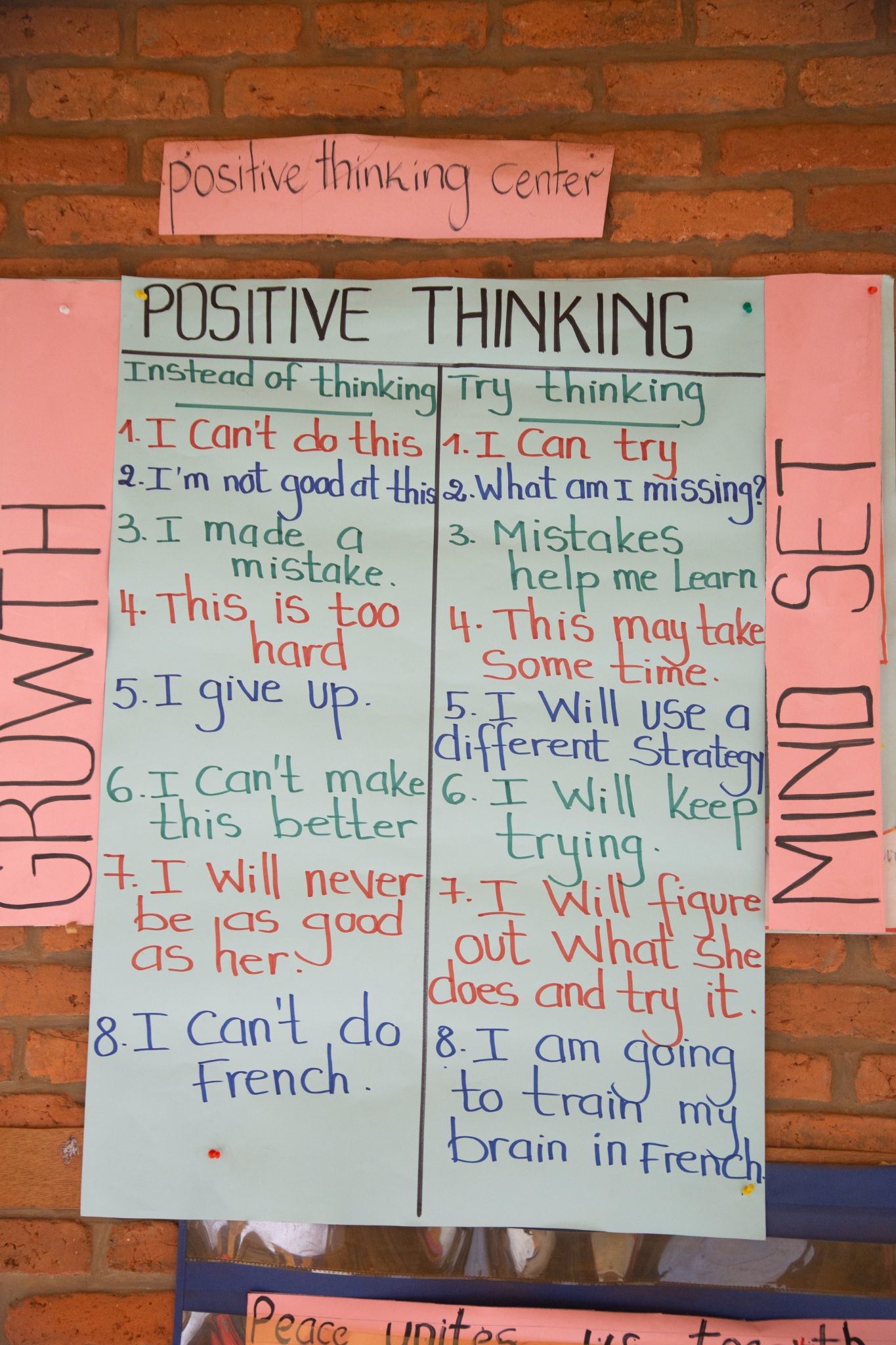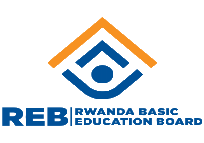UNIT 5: Introduction
Growth Mindset and Critical Thinking
Key Words, Phrases, and definitions
|
Key Words/Phrases
|
Definition
|
|---|---|
|
Confidence
|
Feeling sure of yourself, your potential and your abilities.
|
|
Critical thinking
|
Thinking deeply, evaluating and analysing information, a situation or a challenge, to work out the best solution(s) and next steps to take.
|
|
Determination
|
Having the skills to keep trying and not to give up when something is difficult; not letting anything stop you.
|
| Motivation | The reason for doing something; positive motivation leads to enthusiasm for doing something. |
This unit introduces the concept of Growth Mindset. Your mindset is how you think and what you believe about the world around you and about yourself. Your mindset has an impact on what you believe, feel and think in any situation. Having a Growth Mindset, in your school and in your classroom, is about having a positive attitude towards learning which will improve the motivation and confidence of both teachers and learners. This unit covers what Growth Mindset is, how to create a Growth Mindset wall chart to refer to in your lessons and it has ideas for how to include the concept of Growth Mindset in your classroom.
This unit also introduces the concepts of critical thinking and asking effective questions. These two concepts are important in order to promote a Growth Mindset in your classroom.
How this unit links to the Competence Based Curriculum
Having a growth mindset is an essential attitude for teachers and learners to have towards learning, work and in all aspects of life.
The Rwandan education system encourages guidance and counselling advice that helps learners be aware of how “social factors, behaviour and personal attitudes can affect their level of achievement”.

The Competence Based Curriculum (CBC) stresses the importance of “building students’ confidence in their learning skills and positive attitudes to learning”. The CBC also emphasises that “skills and attitudes as well as knowledge” are essential components of education.
Furthermore, the philosophy of Rwandan education is “to ensure that young people at every level of education achieve their full potential in terms of relevant knowledge, skills and appropriate attitudes that prepare them to integrate in society and exploit employment opportunities”.
An appropriate, positive attitude to have for life-long learning and meaningful employment is to develop a growth mindset.
